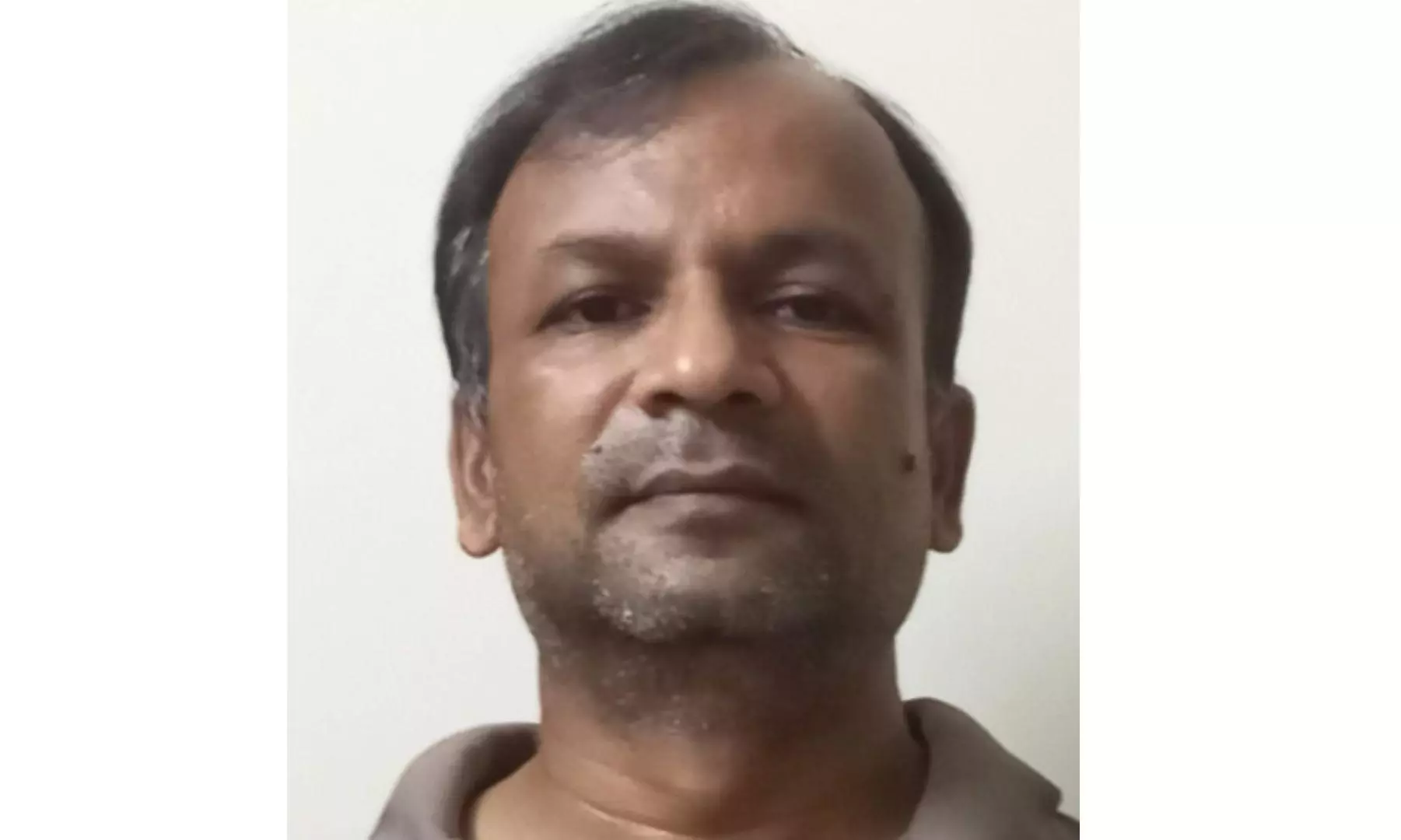Investors seek proactive steps to guard against broker default
Karvy had said that Sebi’s November 22 interim order that barred it from using PoA was hurting its more than 2,000 clients.

Mumbai: Broker defaults are rising, latest being Karvy Stock Broking’s huge default that is being examined by the Securities and Exchange Board of India (Sebi). It is time retail individual investors and high net worth investors become more vigilant when dealing with their brokers.
It may be noted that even after a direction from the Securities Appellate Tribunal, the Sebi has late Friday turned down a Karvy request to let it use clients’ power of attorney (PoA). The regulator cited the enormity of violations found in the preliminary findings to refuse the brokerage’s plea.
Karvy had said that Sebi’s November 22 interim order that barred it from using PoA was hurting its more than 2,000 clients.
Rejecting the Karvy pela, Sebi’s Whole Time Member Ananta Barua said, “Forensic audit of Karvy, initiated by the NSE is in progress and the full magnitude (of) misutilisation of clients’ securities (would) be known upon completion (of the) forensic audit. Therefore, taking into consideration, the facts and circumstances of the case including enormity of the prima facie violations observed against Karvy in the interim order, it would not be prudent to allow use of PoA (by) Karvy.”
The Sebi order said Karvy’s clients could use other options like delivery slip instructions (DIS) to sell their shares.
Considering that innocent investors pay the price of murky dealings by brokerages, market participants feel the regulator should introduce a mechanism for clients to know the credentials—including the financials—of their brokers. Just like the mandatory know-your-client (KYC) requirement, a know-your-broker (KYB) mandate could be introduced to avert cheating by brokers. Also, settlement of trades needs to be moved out from broker’s function to well-capitalised bank custodians, say market participants.
Deven Choksey, Manag-ing Director, K. R. Choksey Shares & Securities, said, “Regulators must realise that brokers should be taken out of the task of performing clearing of trades and management of custody for non-institution segment of customers. Let clearing and custody function of trade settlement of cash and derivatives market for non-institution customers take the institution way of settling the transaction.”
In the past few years, defaults by brokers such as Fairwealth, BRH Wealth Kreators, Guiness, Kassa Finvest, Ficus Securities and now Karvy Stock Broking have led to heavy losses for investors.
Jimeet Modi, Founder & CEO, Samco Securities, said, “There is a need for governance, financial and disclosure reforms.”
“Currently, brokers are required to disclose their proprietary trading status to the exchanges and Sebi; however, transactions with related parties are nowhere captured. In any case regulators, clients, customers and investors have no access to actual related party and counter-party transactions carried out by the broker. Also, there is no framework for approval or processing of related party transactions like that is required in the Companies Act 2013. Had these brokers disclosed that they had dealings with related parties, exchanges and auditors would have taken note of such dealings to investigate further and could have identified defaults much earlier. This issue definitely needs to be addressed as such cases of intentional fraud go unnoticed by the clients and also possibly to some extent by regulators and exchanges,” Modi said.
“As a governance reform measure at broking firms there should be at least one mandatory independent director on the board of a broker entity. This will bring about transparency and accountability, which will improve internal corporate governance of companies,” Modi said.
As a part of financial reform in a broking firm mandatory Capital Adequacy Ratio is a must. A financial industry becomes robust when participants work with capital adequacy ratios, just like banks. However, currently the capital requirements are static and not dynamic with regards to the size of the business of a broking company,” he added.
Net worth criteria of several Sebi registered intermediaries have gone up over the years. Mutual funds’ net worth has increased from Rs 10 crore to Rs 50 crore. Portfolio management services (PMS) net worth has also increased from Rs 2 to 5 crore last week. However, there has been no change in the net worth requirement of brokers for the past 20 years.

